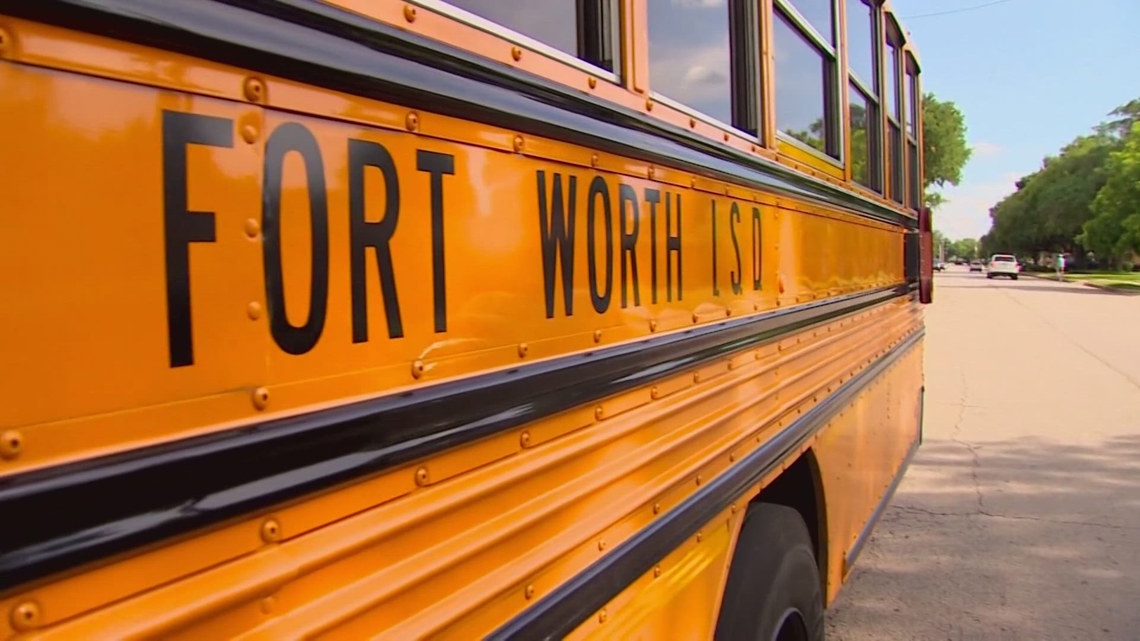The full accountability ratings for the district will be released on Friday, Aug. 15.
FORT WORTH, Texas — The Fort Worth Independent School District received some good news Wednesday when the Texas Education Agency (TEA) released its preliminary 2024-2025 Academic Accountability ratings.
The annual accountability ratings measure how well public schools and districts are serving students on an A-F scale. They’re based on factors like academic achievement, student progress, and efforts to close performance gaps between different groups of learners. Ratings are issued annually and help parents, educators, and the public gauge school quality across the state.
According to a news release from the school district, the number of “F” rated schools in Fort Worth ISD dropped significantly, from 31 in 2024 to 11 in 2025. Additionally, the number of “A” rated schools jumped by 70%, the district said. Full details on the ratings will be released on Aug. 15.
“Over the past 10 months, Fort Worth ISD has taken bold, student-centered steps to improve academic outcomes, all aligned to our newly adopted Strategic Plan,” Superintendent Dr. Karen Molinar said in the release. “We’re not just talking about change, we’re making it happen. Our district is focused on literacy and math, because we know they are the foundation of long-term success for every student.”
Several schools were able to make a significant jump from an F rating, including M.L. Phillips, Cesar Chavez, Versia Williams, and D. McRae Elementary schools, which all leaped from an F to a B rating. Fort Worth ISD noted that nine other schools moved from an F to a C rating.
The district has been under pressure of a potential state takeover, though the TEA hasn’t made a final decision. The agency’s commissioner, Mike Morath, confirmed in a Senate Education Committee Hearing on Aug. 7 that the idea of replacing Fort Worth ISD’s school board is still under consideration.
However, the school district said that these preliminary ratings suggest that it is on the right path.
“The progress is real and our momentum is only building,” Molinar said. “These early gains show what’s possible when leadership, classrooms, and communities are aligned. We are just getting started and there is more work to be done.”
